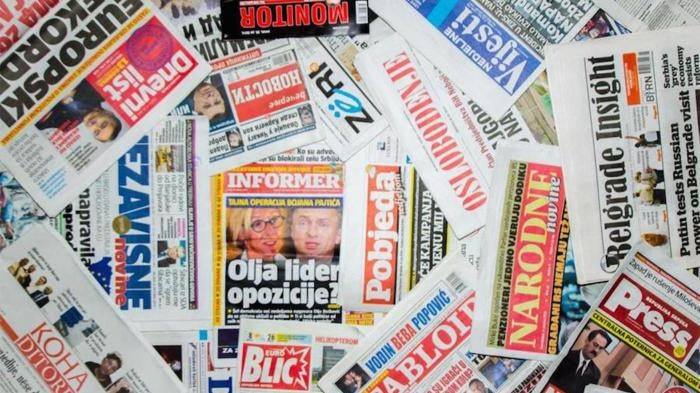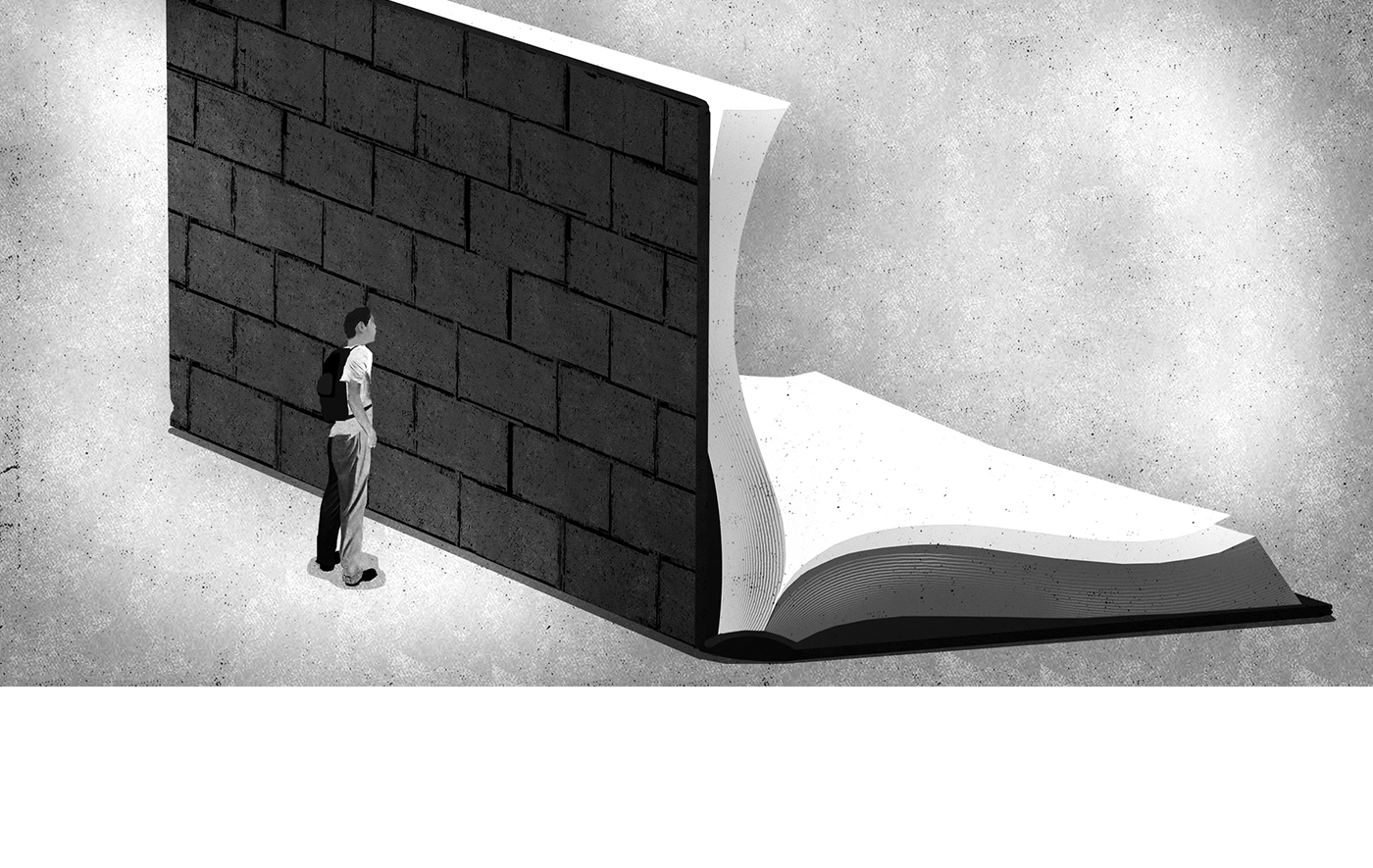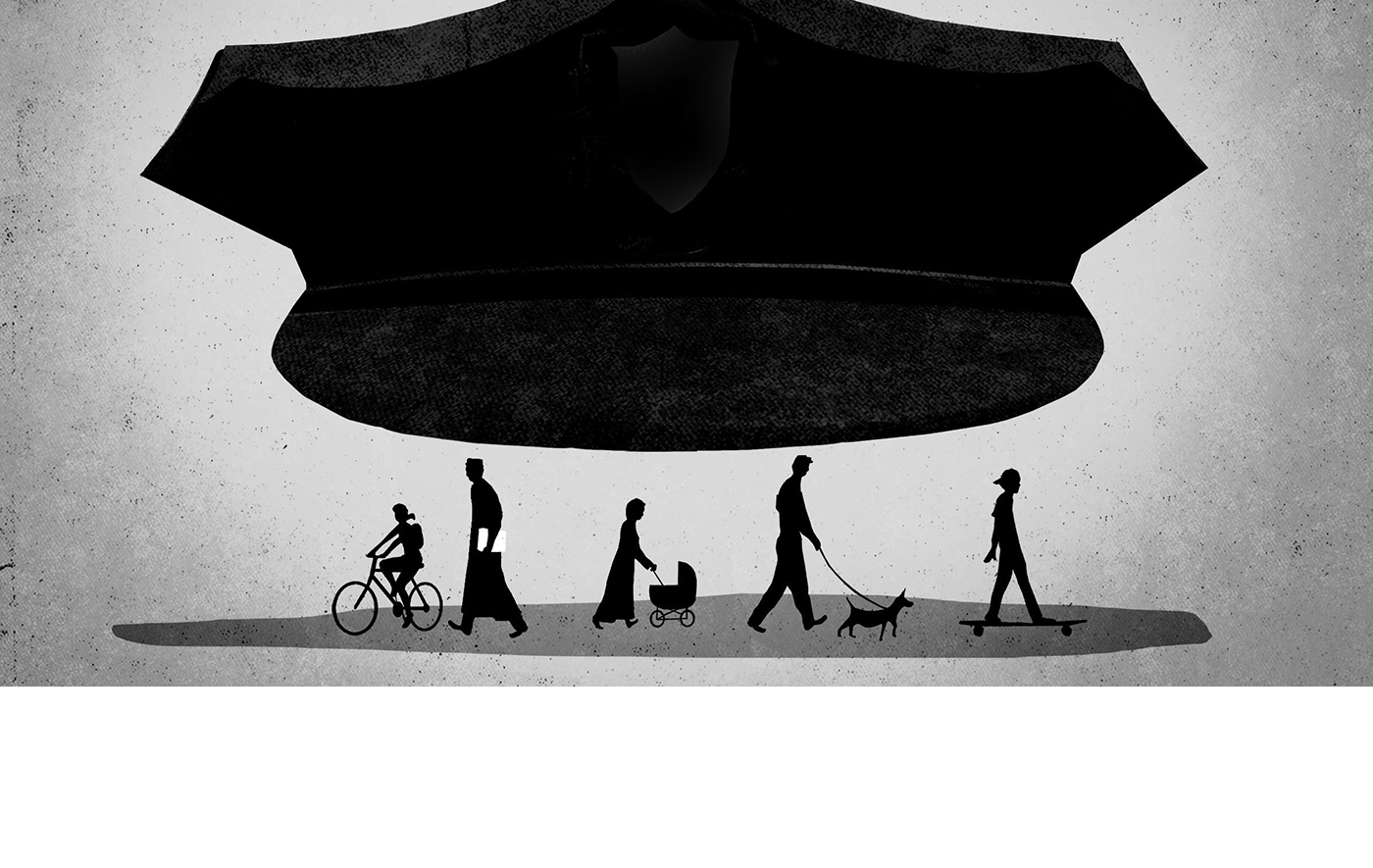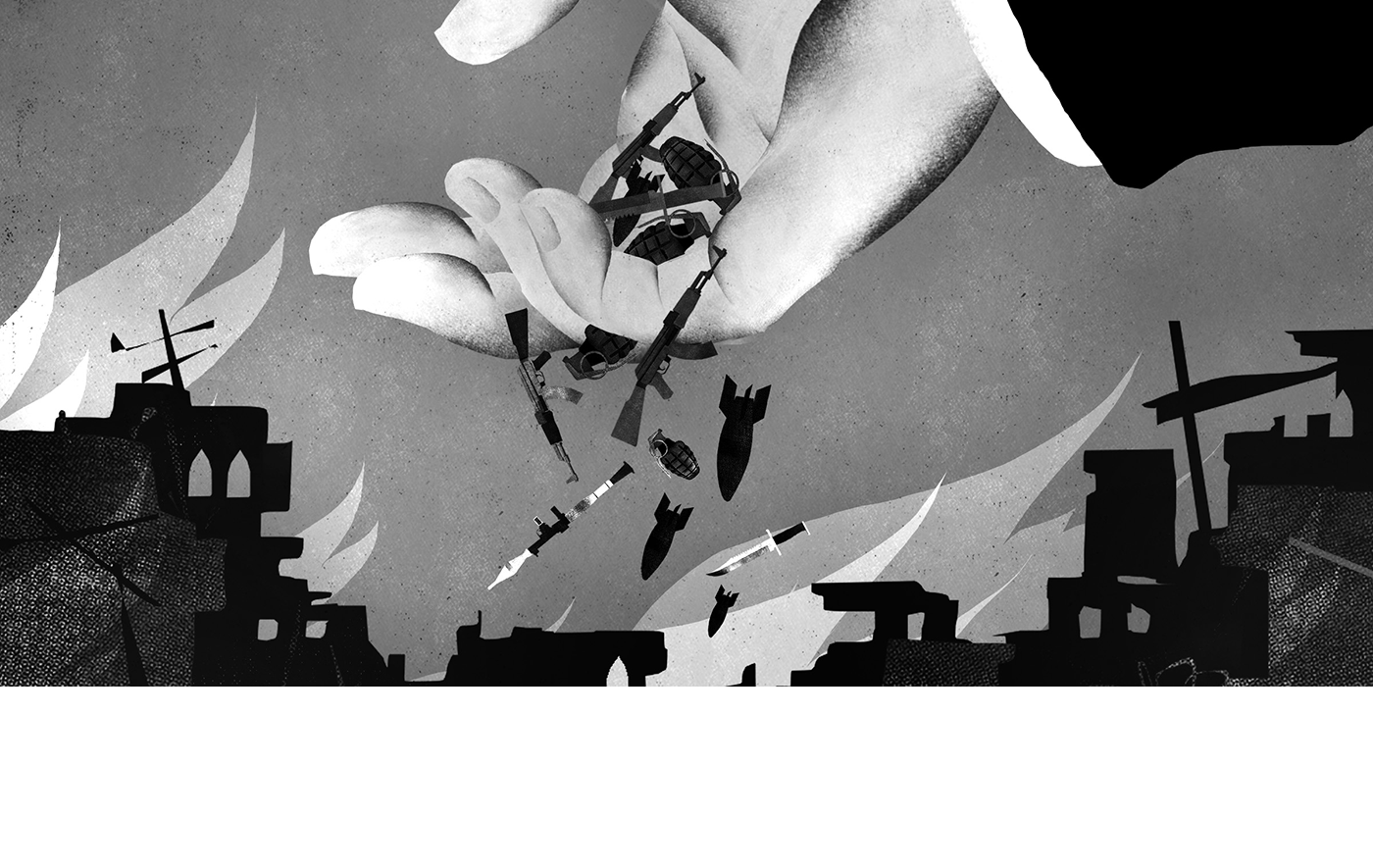Serbia
Progress in human rights protection was limited in 2016. Asylum seekers and migrant arrivals decreased, but the asylum system remains flawed with inadequate protections for unaccompanied children. Attacks and threats against journalists remain a problem. War crimes prosecutions progress remains slow. The Roma minority continue to face housing discrimination and lesbian, gay, bisexual, and transgender (LGBT) activists are subject to threats and attacks.
Migrants, Asylum Seekers, and Displaced Persons
Numbers of asylum seekers and migrants in Serbia significantly decreased in 2016 due to border closures along the entire Western Balkan migration route, including by Serbia. During the first eight months of 2016, Serbia registered 8,003 asylum seekers compared to 103,891 during the same period in 2015. Afghans comprised the largest national group (3,359), followed by Syrians (1,579). At time of writing there were 4,800 registered asylum seekers and migrants in Serbia, according to UNHCR estimates.
As of October 31, Serbia had granted refugee status to a mere 17 asylum seekers and subsidiary protection to 17 others in 2016. In addition to low recognition rates, there are significant backlogs in the country’s asylum procedure with thousands of pending claims.
During the first seven months of 2016, the Ministry of Interior registered 127 unaccompanied children in Serbia, most from Afghanistan, compared to 4,112 during the same period in 2015. Serbia lacks formal age assessment procedures for unaccompanied children, putting older children at risk of being treated as adults instead of receiving child protection. Only three institutions exist in Serbia for unaccompanied children and have a total of 32 places. Other unaccompanied children stay in temporary shelters known as “refugee aid centers” together with unrelated adults or open reception centers, where in some cases unaccompanied children can be accommodated separately from unrelated adults.
Progress in finding durable solutions for refugees and internally displaces persons (IDPs) from the Balkan wars living in Serbia was insignificant. According to UNHCR, as of July 1, there were 35,300 refugees in Serbia, most from Croatia—432 fewer than one year earlier—while the Serbian government recorded 203,140 internally displaced people, the majority from Kosovo—the same number as last year.
Freedom of Media
Journalists in Serbia continue to operate in a hostile environment. Between January and July, the Independent Journalists’ Association of Serbia (NUNS) registered 33 incidents of assaults, threats or other pressure against journalists.
The killing of radio journalist Luka Popov in June drew international calls for an investigation, including by the Organization for Security and Co-operation in Europe’s representative on media freedom. Police arrested three suspects. It is unclear whether the killing was connected to Popov’s work as a journalist.
Smear campaigns by pro-government media and members of the government against independent media and journalists continued. In one case, Prime Minister Aleksandar Vucic targeted the independent online news site Balkan Investigate Reporting Network (BIRN) for criticism, and the pro-government media outlets TV Pink and Informer accused it of being an enemy of the state.
The work of a commission established to investigate the murders of three prominent journalists—Dada Vujasinovic in 1994, Slavko Curuvija in 1999, and Milan Pantic in 2001— progressed slowly. The ongoing prosecution of four state security officials suspected of involvement in Curuvija’s murder was stalled during 2016 as a key witness failed to appear at the trial. The deaths of the other two journalists remained unsolved.
Accountability for War Crimes
War crimes prosecutions progressed slowly in 2016 due to a lack of political support, resources or staff at the Office of the War Crimes Prosecutor and inadequate witness support. Few high-ranking officials have been prosecuted for war crimes in Serbian courts. Between January and August, the War Crimes Prosecutor’s Office indicted 15 people for war crimes.
During the same period, four people were convicted by the first instance court for war crimes, and given sentences of between 8 and 10 years’ imprisonment. The Appeals Court sentenced six people to imprisonment for between 6 and 12 years. One person was acquitted on appeal. Eighteen cases were pending at first instance and 15 cases were still at investigation stage. Since the establishment of the War Crimes Prosecution Office in 2003, 110 judgments have been issued: 75 convictions and 35 acquittals.
The March 2015-ordered retrial against nine defendants, most of them low ranking officials, for the wartime killing of 118 Albanians in Kosovo in 1999 has been hampered by delays and progressed slowly. No high-ranking officials have been indicted for involvement in the killings.
The High Court in Belgrade started proceedings against a former Bosnian Serb army officer charged with killing four civilians and raping two women in Bosnia and Herzegovina in 1992. The case was transferred to Serbian authorities by the Bosnian state court under a war crimes cooperation protocol between Serbia and Bosnia and Herzegovina.
In February, the Serbian government adopted a war crimes strategy which sets out criteria for prioritizing cases and commitment to prosecute high ranking officials suspected of war crimes, while failing to specify how. The war crimes strategy is part of the EU requirements under negotiating Chapter 23 that focuses on rule of law, and part of EU’s enlargement process with Serbia. The War Crimes Prosecutor’s Office separately was drafting another strategy concerning war crimes prosecutions. The chief prosecutor of the International Criminal Tribunal for the former Yugoslavia (ICTY) Serge Brammertz expressed concern in June that Serbia had failed to appoint a new chief war crimes prosecutor after almost a year. At time of writing, Serbia had still yet to do so.
In March the ICTY acquitted Serbian Radical Party leader Vojislav Seselj on nine counts, including crimes against humanity, citing insufficient evidence. A prosecution appeal filed in May was pending before the ICTY appeals chamber at time of writing.
In June, ICTY President Carmel Agius said that Serbia had not fully cooperated with the tribunal when failing to extradite three members of the Serbian Radical Party indicted for contempt.
Human Rights Defenders
Attacks and harassment of human rights defenders continued. According to local LGBT and human rights organizations, the majority of attacks and threats against members of the LGBT community go unreported with only known LGBT activists filing complaints.
In June, in Vojvodina in Northeast Serbia, an LGBT activist was attacked and kicked in the head by four unidentified perpetrators. No one had been prosecuted at time of writing. In August, LGBT activist Boban Stojanovic, one of the Belgrade Pride organizers, was punched and called a “fag” in downtown Belgrade by two unidentified men. Police were investigating at time of writing.
Hundreds of police officers deployed in Belgrade to protect the LGBT Pride march in September, which occurred without violence. This was a marked improvement from previous years when protesters attacked the parade, or the government had cancelled the event citing security concerns instead of providing adequate security.
Treatment of Minorities
Roma face discrimination and harassment primarily in areas of housing. Forced evictions of Roma living in informal settlements continued without prior consultation with families concerned, with insufficient recourse to challenge decisions, and with inadequate provision of alternative accommodation. Serbian authorities failed to provide adequate housing solutions for the approximately 50 Roma families evicted from the informal Belvil settlement in Belgrade in 2012 despite designated funds.
The Council of Europe human rights commissioner in a letter to the Serbian government in February expressed his concerns with respect to forced evictions and the lack of legal safeguards and failure to provide adequate alternative housing. The commissioner called on Serbian authorities to halt further evictions of Roma without providing alternative housing.
UN Special Rapporteur on Right to Housing Leilani Farha in February expressed concerns about aspects of a new housing law that fails to guarantee consultation with affected communities prior to evictions; lacks adequate provisions with respect to the period of notice prior to evictions; and fails to outline appeals.
Disability Rights
In April 2016, the UN Committee on the Rights of Persons with Disabilities expressed deep concerns about the number of children and adults with disabilities living in institutions and about the poor living conditions in institutions in Serbia. The committee urged Serbia to deinstitutionalize people with disabilities and to ensure access to inclusive and quality education. The committee also called on Serbia to replace its guardianship system and ensure all people with disabilities have access to services and support in the community of their own choice and preference.
Key International Actors
In July, Federica Mogherini, European Union high representative for foreign affairs and security, said that the opening of EU accession negotiating Chapters 23 and 24, on rule of law and justice, freedom and security, would allow Serbia to develop a track record of implementing reforms in the area of the rule of law, but failed to emphasize the need for improving the country’s human rights record. Croatia, an EU member, in August blocked Serbia from opening Chapter 23, citing Serbia assertion of its right to prosecute war crimes committed anywhere in the former Yugoslavia during the Balkan wars.
The European Commission’s annual progress report on Serbia expressed concerns about interference with press freedom, pointing to continued attacks and threats against journalists. The commission called on authorities to create an environment enabling journalists to work without interference and to investigate and adjudicate threats and attacks. The report also called on authorities to tackle political influence on the judiciary as well as addressing the backlog of cases in the courts and adopting a free legal aid system. The report raised concerns about the government’s failure to appoint a new war crimes prosecutor and Serbia’s lack of full cooperation with the ICTY.
During a visit to Belgrade in August, US Vice President Joe Biden offered condolences to victims killed by the NATO bombing campaign against Serbia and encouraged Serb authorities to take responsibility for their involvement in the 1990s wars in former Yugoslavia.
Kosovo
Human rights protections progressed slowly in Kosovo in 2016, though serious abuses persisted. Talks over the ratification of a border demarcation agreement with Montenegro were marred by repeated tear gas attacks in the Kosovo Assembly by the political opposition, blocking free debate, impeding the passage of legislation and halting progress on the Kosovo’s s visa liberalization agreement with the European Union.
A special court based in the Netherlands to try serious crimes committed during and just after the 1998-1999 Kosovo war was awaiting final approval by the Dutch parliament. Journalists faced threats and intimidation, and prosecutions of crimes against them remained slow. Tensions between Serbs and Kosovo Albanians continued, particularly in the north. Roma, Ashkali, and Balkan Egyptian communities continued to face discrimination. The process of normalizing relations with Belgrade made limited progress.
Accountability for War Crimes
In January, Kosovo and the Netherlands signed a host-state agreement for the Netherlands to host a special court with international judges and prosecutors that will try serious crimes allegedly committed during and immediately after the Kosovo war by members of the Kosovo Liberation Army against ethnic minorities and political opponents. The Dutch parliament was expected to ratify the agreement by year’s end so the court could begin its work. In September, the EU appointed former US prosecutor David Schwendiman as the court’s lead prosecutor.
The mandate of the European Rule of Law Mission (EULEX), which terminated on June 14, was extended on June 30 for another two years. EULEX’s mandate was modified to focus mainly on monitoring, mentoring, and advising, while continuing its work on ongoing cases but may only deal with new cases in exceptional circumstances and with the approval of the Kosovo judiciary.
In January, Oliver Ivanovic, a former Serbian government official and the head of a Kosovo Serb political party, was convicted of war crimes at the Basic Court in Mitrovica and sentenced to nine years’ imprisonment. Ivanovic was found guilty of ordering the murder of nine ethnic Albanians in Mitrovica in 1999 during the NATO bombing of Yugoslavia.
In March, the Appeals Court in Pristina upheld the convictions against three men charged with organized crimes in connect with organ trafficking at Kosovo’s Medicus clinic in 2008, but acquitted two others due to insufficient evidence. One of the convicted men failed to present himself at the prison facility to serve his sentence at the March 25 deadline; his whereabouts were unclear at time of writing.
In November, the Appeals Court in Pristina cleared former KLA commander and mayor of Skenderaj, Sami Lushtaku, of the murder of an Albanian civilian dating to the 1998-1999 war. The court upheld the conviction on other charges of war crimes but reduced the sentence from 12 to 7 years imprisonment. Lushtaku declared in November that he will appeal to the Supreme Court.
By early September, mixed panels consisting of the EULEX and local judges handed down two decisions related to war crimes at first instance level, two cases at Court of Appeals level, and were involved in three decisions at Supreme Court level. EULEX has been involved in a total of 38 verdicts since it was established in 2008.
Accountability of International Institutions
The Human Rights Review Panel, an independent body set up in 2009 to review allegations of human rights violations by EULEX, did not rule on any cases between January and September. Forty-nine cases were pending before the panel at time of writing.
The Human Rights Advisory Panel (HRAP), an independent body set up in 2006 to examine complaints of abuses committed by or attributable to the United Nations Interim Administration Mission in Kosovo (UNMIK), ceased its operations on July 1. In a critical July report, HRAP found that UNMIK had violated human rights; had not properly investigated serious allegations of wrongdoings, and had failed to comply with the panel’s recommendations.
Abuses by UNMIK include lack of adequate criminal investigations in relation to disappearances, abductions, killings, and excessive use of force by UNMIK police during a crowd control operation in 2007, resulting in deaths and serious injuries of four protesters. The panel found violations in all nine cases that it addressed between January and July.
Treatment of Minorities
Roma, Ashkali, and Balkan Egyptians continue to face problems acquiring personal documents, affecting their ability to access health care, social assistance, and education. A lack of political will and insufficient allocation of funds resulted in the failure to adequately implement the 2009-2015 Strategy and Action Plan for the Integration of Roma, Ashkali, and Egyptian communities.
During 2016, a new strategy and action plan for the integration of Roma, Ashkali, and Egyptian communities was drafted, aiming to replace the former strategy that came to end in 2015. The new strategy focuses on improving civil registration, access to housing, education, health care, and employment.
In February, the Human Rights Advisory Panel held UNMIK responsible for placing Roma, Ashkali, and Egyptian families in five camps highly contaminated with toxic lead, where residents subsequently suffered lead poisoning. HRAP recommended that UNMIK issue a public apology and pay compensation to the victims.
In April, the UN special rapporteurs on internally displaced persons and minority issues, urged UNMIK to implement the panel’s recommendations. UNMIK expressed regret for the communities’ suffering. However, at time of writing, no compensation has been paid to the affected families.
Inter-ethnic tensions continued during 2016, particularly in Kosovo’s divided north. In August, two unknown suspects torched a popular café terrace in north Mitrovica, in the Serb populated part of the city. No injuries were reported and police were investigating at time of writing.
In August, a Kosovo Serb attempted to demolish the minaret of a mosque in Gjilan municipality. The suspect was in pretrial detention at time of writing. Also in August, several hundred Albanians prevented 150 Kosovo Serbs from visiting an Orthodox church in the village of Mushtisht, throwing rocks and stones at Kosovo police trying to secure safe passage for the Serbs. In June, a Kosovo Serb man was attacked in Mitrovica by a gang of Albanians and sustained injuries requiring hospital treatment. Police were investigating at time of writing.
Kosovo police registered eight cases of inter-ethnic violence between January and July 2016, without specific references to whether incidents involved physical and/or material violence, making effective scrutiny of police response to inter-ethnic violence difficult.
The Kosovo Constitution protects against sexual orientation-based discrimination and a 2015 anti-discrimination law enumerates protections for both sexual orientation and gender identity; however, implementation remains weak.
Women’s Rights
Domestic violence is widespread in Kosovo. According to a November 2015 survey by the Kosovo’s Women Network, a nongovernmental organization, 68 percent of women respondents have experienced domestic violence in their lifetime.
Inadequate police response, few prosecutions and failure by judges to issue restraining orders against abusive spouses contribute to the problem. At time of writing, the government was drafting a new National Strategy and Action Plan against Domestic Violence replacing a 2011-2014 strategy.
Asylum Seekers, Displaced Persons, and Returning Deportees
During the first nine months of the year, the United National High Commissioner for Refugees registered 307 voluntary minority returns, including people from outside Kosovo and internally displaced persons, down from 619 during that period in 2015.
The Kosovo Ministry of Internal Affairs registered 4,534 forced returns between January and August 31, including 370 Roma, 224 Ashkali, and 46 Egyptians. Among those forcible deported, 1,474 were children. Most minorities were deported from Germany and returnees are provided limited assistance upon return.
Freedom of Media
Threats and attacks against journalists continued in 2016; investigations and prosecutions were slow. Between January and July, the Association of Journalists of Kosovo registered eight cases of threats and violence against journalists.
In March, Vehbi Kajtazi, an investigative journalist, stated that Kosovo Prime Minister Isa Mustafa threatened him over the phone, saying that Kajtazi would “pay heavily” for a piece Kajtazi had written criticizing the Kosovo health service, including a reference to Mustafa’s brother and his health treatment abroad. Mustafa denied making threats. Kajtazi reported the threat to the police and the case was under investigation at time of writing.
In August, the home of the head of public broadcaster Radio TV Kosova (RTK) was fire bombed. Nobody was injured in the attack. The incident was under investigation at time of writing.
Key International Actors
European Union High Representative Federica Mogherini, following a meeting in June with President Hashim Thaci, welcomed the extension of the EULEX mandate and stressed the need for continuing normalizing relations between Kosovo and Serbia but failed to raise human rights or rule of law concerns in Kosovo. The EU has supported, and is funding, the special court for serious crimes that is expected to begin operating soon in The Hague.
US Assistant Secretary of State Victoria Nuland, during a Balkan tour in July, called on Kosovo authorities to strengthen the rule of law, the justice system, and the fight against corruption and organized crimes. In an August visit to Kosovo, US Vice President Joe Biden stressed the importance of normalizing relations with Serbia in order to make progress towards joining the EU, and called on Kosovo authorities to fight corruption but failed to mention work on improving the country’s human rights and rule of law record. The US government has supported the special court to be based in the Netherlands, providing the former and current lead prosecutor.
The November EU Commission progress report on Kosovo stated that administration of justice is slow and inefficient, there is insufficient accountability for judicial officials, and the judiciary is subjected to undue political influence. The report stated that threats and attacks against journalists continued and called on authorities to effectively investigate and prosecute cases. The report also stated that while some progress was made in human rights protection, particularly on lesbian, gay, bisexual, and transgender (LGBT) issues, authorities must significantly strengthen the rights of minorities and people with disabilities.
In a May quarterly UN report on the situation in Kosovo, UN Secretary-General Ban Ki-moon stated that much work is needed to ensure the protection of minority rights, facilitate the return of displaced persons, and safeguard religious traditions.
The UN special rapporteur on human rights for internally displaced persons, Chaloka Beyani, in September urged authorities in Kosovo to intensify efforts to achieve durable solutions for the 16,000 IDPs with displacement related needs.
The US State Department Human Rights Report on Kosovo, published in June, raised concerns about opposition parties violently obstructing parliament, resulting in the blocking of free debate and passage of legislation, endemic government corruption, and lack of accountability for corruption. The report also noted violence and discrimination against minorities, police mistreatment of detainees, intimidation of media, and violence against displaced persons seeking to return to their homes.






